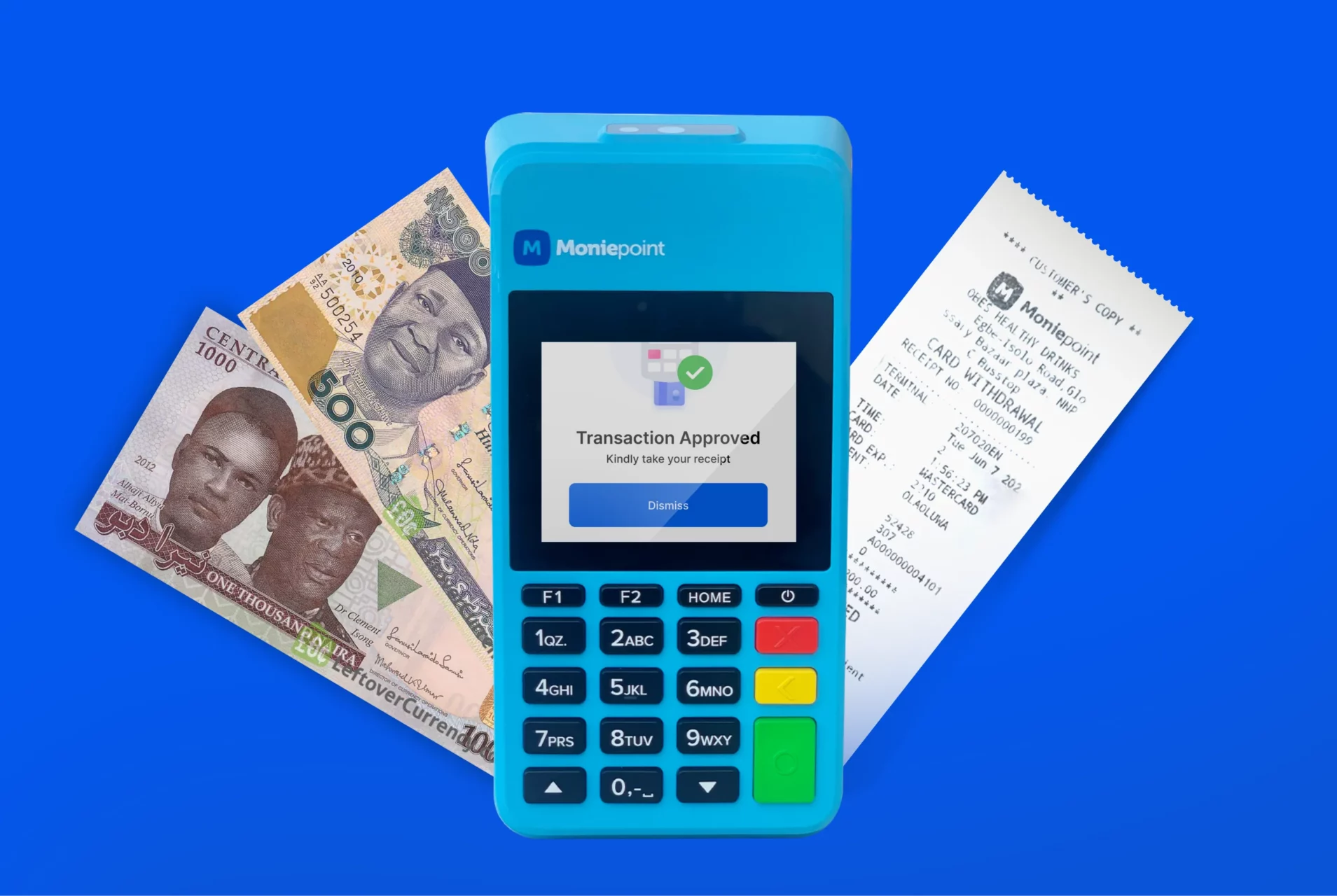It’s been a good few days for Moniepoint. First, it announced a $110 million raise applauded across the ecosystem and followed it up with a touching video about the journey.
That has been quickly followed up by the appointment of former Stanbic IBTC CFO, Bayo Olujobi, as the Chief Financial Officer of Moniepoint MFB.
As an aside, it’s remarkable they’ve gone for a CFO with local experience. Flutterwave successively hired two CFOs without any African experience possibly to prepare for a much talked about IPO.
Olujobi’s appointment has fuelled conversations about Moniepoint’s next steps, one of which is whether it should get a commercial bank licence.
I’ll explore the merits of that conversation in this article. Meanwhile, you can catch up on my previous article about its pan-African ambitions.
Why a commercial bank licence could benefit Moniepoint
Fintechs have typically tried to claim a distinction from banks, but as they mature, they find themselves looking more like banks. A larger customer base and the attendant regulatory scrutiny that comes with it means they can no longer move fast to break things.
That being said, are there any benefits to Moniepoint getting a commercial bank licence?
Kuro Ngoboh, a former banker, believes so. A commercial bank licence provides the fintech with increased capabilities.
With a commercial bank licence, they can provide foreign exchange services, which have proven to be a major income earner for banks in the past year.
*Mr Ijezie, a banker agrees, noting that Moniepoint’s core business has a ceiling due to Nigeria’s macro environment and suggests that a commercial banking licence would also serve as a strong statement of intent.
“They want to build a business management suite of payments and cross border payments. As long as they are serving African businesses, that’s a stagnating business that will bring volumes but less revenue.”
The real business of banking is FX, treasury, import finance, and commercial long-term loans. A banking licence gives them leeway to tap into this ever-growing business line. It’s the only business line in banking that has not shrunk in USD terms.”
Unlike most entrants to the banking scene, Moniepoint has the advantage of nearly ten years of experience serving businesses, allowing them to build on the trust they’ve gotten from providing reliable banking services.
“Moniepoint has a name when it comes to things like speed. For that reason, they have a better chance of succeeding as a bank than a bank that just came up as a commercial bank, so I think they have an edge as it were,” Ngoboh says.
Its CEO, Tosin Eniolorunda, alluded to this in a recent conversation.
“If you want to continue growing and handle as many customers as possible with the trust level that you expect them to have for you, I think you will need to get a banking licence.”
This is particularly important because while no one denies that neobanks have brought a higher level of service quality to the banking sector, they’ve also had to contend with legitimacy concerns as many Nigerians still harbour concerns about their longevity and expect them to close shop soon. A commercial bank licence will signal to the public that they are going nowhere.
Challenges in transitioning to a commercial bank
Making the change from a microfinance bank to a commercial bank is a huge leap and Ngoboh and Ijezie argue that Nigeria is underbanked — only 64% of Nigerians have access to formal financial services — which presents the perfect opportunity for new entrants.
But it also comes with a few challenges. For starters, operational costs can be expected to rise beyond what it has witnessed so far. Between setting up physical branches and staffing them, a lot of money will be spent. Thankfully, Moniepoint is no stranger to increasing headcount as it now has over 2,000 employees.
Beyond staffing concerns, Ngoboh adds that Moniepoint may need to change its technology stack which would either require significant investments in talent or outsourcing.
A commercial banking licence also opens them up to regulatory scrutiny which some argue could slow their growth, but Ijezie disagrees.
“Regulation is important and guarantees the safety of the system,” he says. “The reasons it seems regulation slows people down in banking is because it’s the foundation that must be built before you start. The biggest barrier to providing all the requirements is capital. Moniepoint just raised almost ₦200 billion. The obstacles have greatly diminished.”
Ultimately, when and whether Moniepoint acquires a commercial banking licence boils down to its long-term goals but it holds undeniable benefits for them. It also has the additional benefit of inspiring a new generation of entrepreneurs to get into the banking sector.










